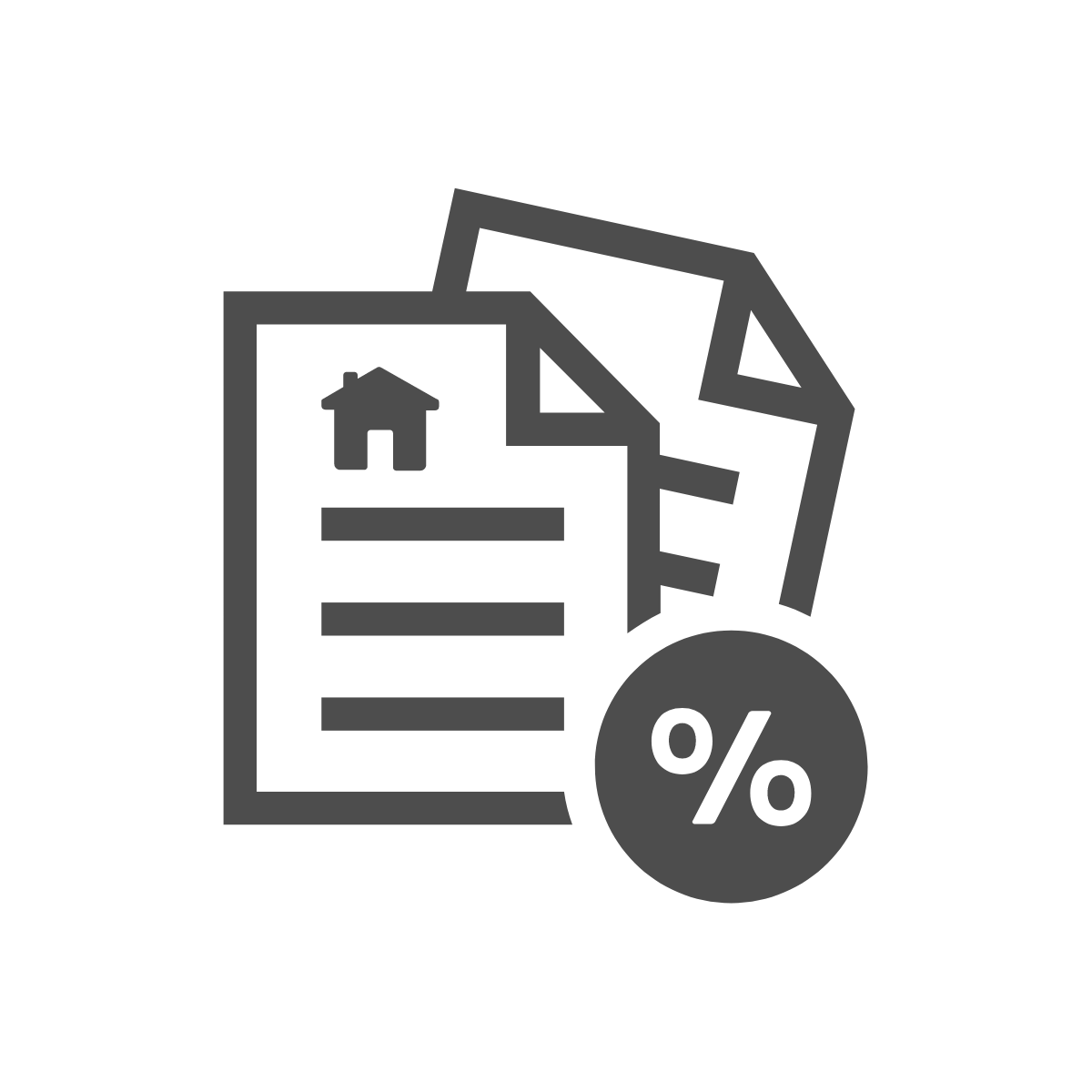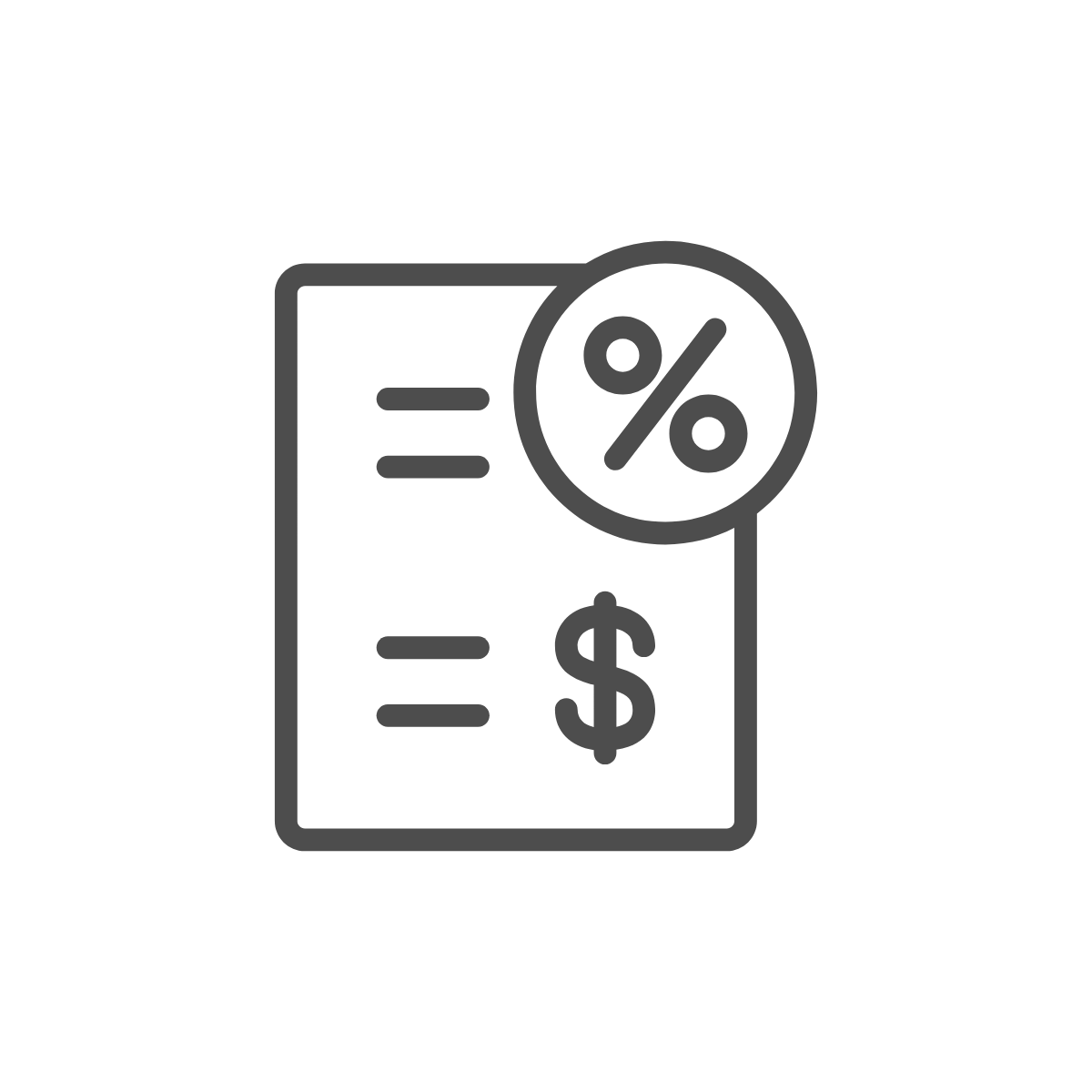How Long You Should Live In Your Home Before You Sell It
Whether you just moved in or have lived in your home for 20 years, it's common to wonder how long you should stay in your home before you sell it. According to the National Association of Realtors®, ten years is the average amount of time that a homeowner will stay in their home before deciding to sell it.
If you've lived in your home for less than ten years and are itching to sell, many experts say you should follow the “five-year rule” and stay in the same home for at least five years before selling.
This may sound like a long time and you may think you are ready to sell now, but before you make any rash decisions, we put together a few of the most important factors that you should be aware of.
 1. Your Mortgage Loan
1. Your Mortgage Loan
One of the most important factors you must consider when you decide to sell your home is the balance of your mortgage loan. If you want to make money when you sell your home, then your sale price must be greater than the remaining principal balance of your loan. When you first buy your home and begin to pay your loan, the first few years will go towards interest rather than the principal amount. This typically means that you haven't built up enough equity in your home to make money from your sale in under five years. However, if you made a large downpayment on your home, made smart improvements or the market is absolutely booming in your area (as discussed below), then it may be possible for you to make money in a shorter amount of time.
 2. Equity
2. Equity
Building home equity is important. You’ll want to have a lot of equity built up when you decide to sell. The amount of home equity you have depends on any remodeling or renovations you’ve made, as well as your mortgage loan balance. If the home you bought was already in tip-top shape, then it may be difficult to build equity. If you’ve remodeled the kitchen, bathrooms, replaced the flooring or made other improvements to the house, then you have most likely gained equity. You can also increase your home equity by paying your mortgage loan more quickly than required.
 3. Market Conditions
3. Market Conditions
One of the more common reasons you’re eager to sell your home is to make money on your property. There are a few things to look out for when deciding if it’s a seller's market and whether or not it's time to make your move. If you notice that the average price per square foot in your area is increasing and/or the average time homes are staying on the market is decreasing, chances are it's a good time to sell. You should also take note of homes near you that are selling. It might seem time-consuming to track this activity, but don't worry! We always keep track of recent home sales in the area and can send you an up-to-date market report.
 4. Your Life Has Changed
4. Your Life Has Changed
Maybe this was the first house you bought when you were expecting your first child and there were only three of you, but now with three kids and two dogs, there isn't much space. Although it may be sad to leave the home where you started your family, if your home is causing you discomfort or stress, it may be time to move on - regardless of the cost of selling your home and buying a new one.
Other life situations like divorce, illness, loss of a job or relocation may also lead you to sell sooner than you originally planned.
 5. Capital Gains Tax
5. Capital Gains Tax
If you don’t qualify to avoid paying capital gains taxes on your profit from a home sale, you may not want to sell your home yet. To avoid capital gains taxes, you should make an effort to live in your home for at least two of the last five years. Making a sale before two years could be a costly mistake if you have to pay capital gains tax, and could ultimately leave you without much equity. Before considering such a sale, you should consult a tax professional about the potential tax implications.
 6. Closing Costs
6. Closing Costs
Closing costs are often overlooked at the beginning of the sale process but are an important part of determining whether you can afford to sell your home. On average, you will pay the real estate agents a total commission of 6% of the purchase price when you sell your home, together with other closing costs. You will also pay closing costs when buying a new home, which can be between 3% and 6% of the purchase price of the home. Consulting a professional about what costs you can expect when selling and buying will allow you to accurately determine whether a move makes sense for you.

.png)
